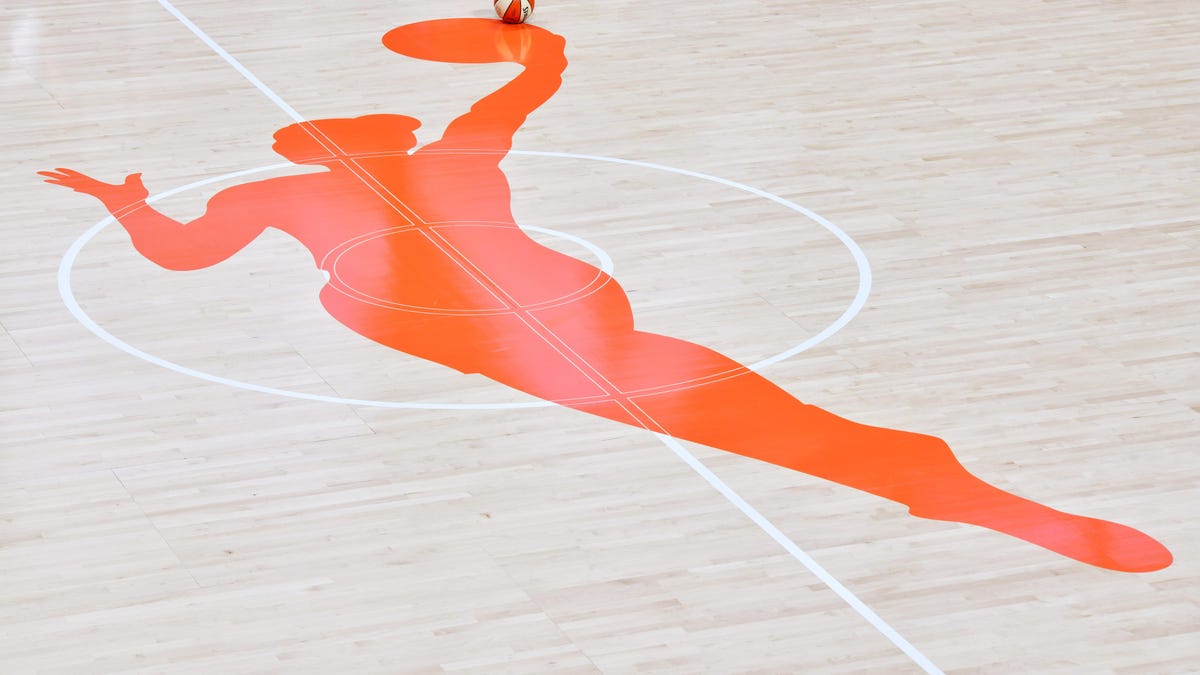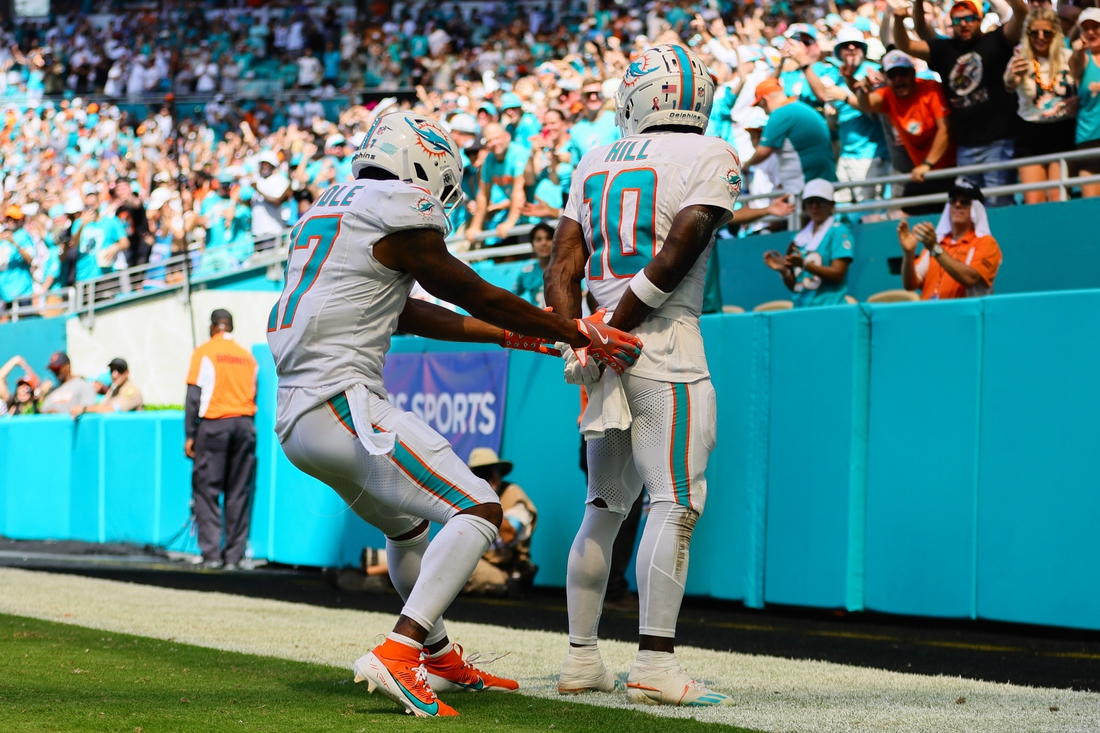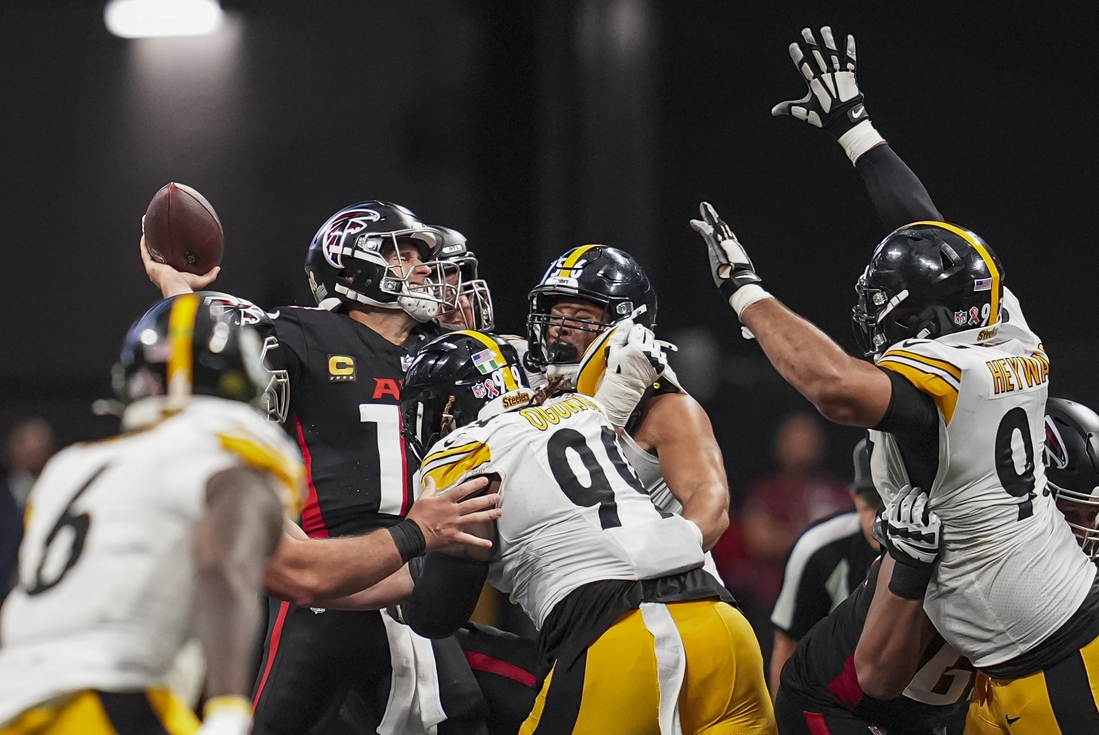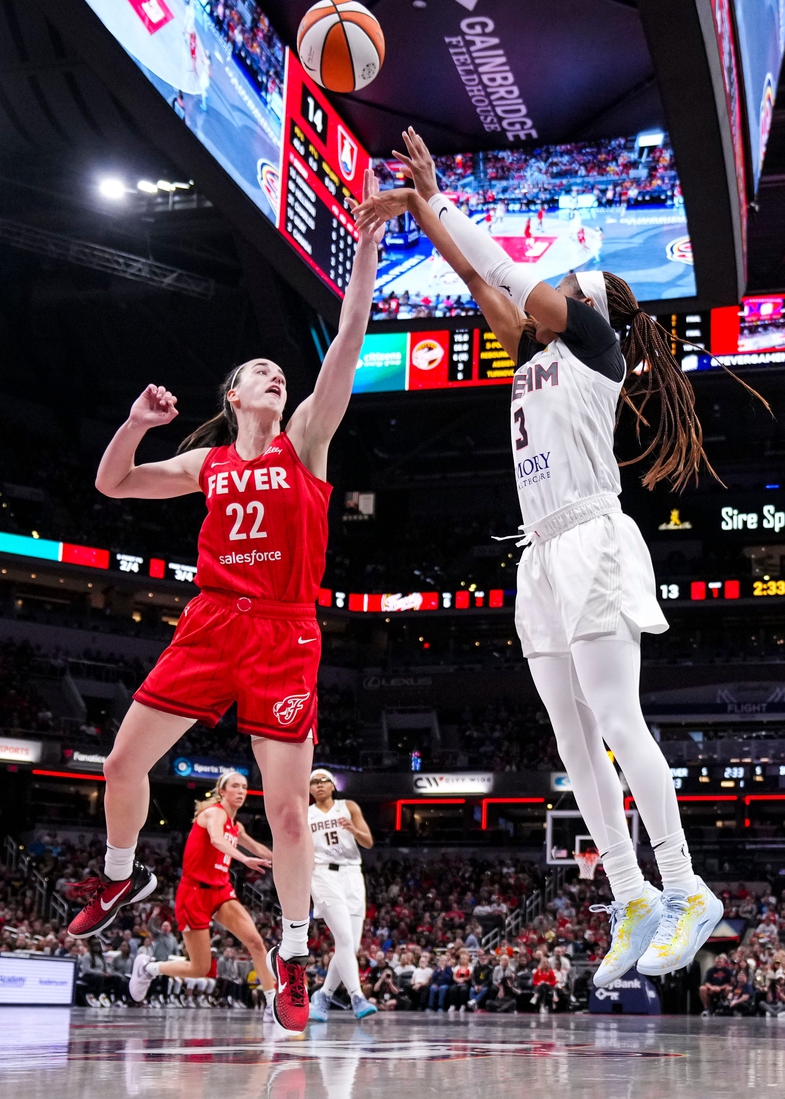When I was in school, I had a friend who was a fantastic athlete (she still is). She was tall, thin, wore her hair short and could keep up with any of the guys in gym class and out perform 90 percent of them in just about any sport. She didn’t wear makeup and her wardrobe consisted mostly of gender-neutral athletic apparel. We played on a few teams together and, once the other team (and, sadly, their parents) realized how superior her athletic abilities were, the taunts inevitably would begin. “Is that a BOY they have playing out there?” “Are we sure this team is ALL girls?” It wounded her, deeply, and her teammates watched, helpless, as her self-esteem took hit after hit after hit. I think of her often these days and I’m grateful that she played sports before the trans kid witch hunt that is sweeping conservative states today.
When the Republican party, having lost the battle to demonize same-sex marriage, turned its attention to the trans community, everyone who has ever played organized sports (or has a child do so), knew exactly how this was going to go. That parents and coaches on opposing teams were going to target young women who didn’t conform to society’s idea of what a “girl” looks like (funny how we never hear about the all the trans boys ruining youth sports), and were going to make one of the few havens gender non-conforming girls have, team sports, fraught with suspicion and accusation. And here we are.
Natalie Cline, a Utah state school board member, is facing calls to resign after she falsely accused a young cisgender girl of being a trans girl on social media. In a Facebook post (of course), which apparently was supposed to pass as an apology, Cline wrote that she made the comment after a public advertisement for a basketball game was sent to her by “multiple concerned parents,” who assumed the teen in question was transgender based on her appearance in the advertisement. That prompted Cline to share the advertisement with the caption “‘girls’ basketball.” Except the teen in question was biologically a girl and identities as a girl. Her parents described her as a “tomboy.”
The harm caused by these fully-grown adults, who are obsessed with the genitals and sexual development of children, is multilayered. First, they’ve created a witch hunt where any child who doesn’t conform to their idea of what a “girl” looks like, because of genetics, personal style, or a host of other factors, has to be constantly on their guard, lest little Lakeleigh’s mom accuse her of being transgender and try to get her tossed from a game. I’d be willing to guess that we all knew a child who was bullied and tormented for not fitting into society’s binary gender ideals, and I’d wager that many of us would treat that child differently if we had the chance to do it all over again. Cline’s Facebook post elicited other adults chiming in on the girl’s appearance, and thank God the teen was not on social media to see it.
Secondly, people like Cline are the reason states like Utah have put a target on the backs of trans kids. In 2023, Utah banned gender-affirming care for minors and is one of 11 states that requires the trans community to use the bathrooms according to the gender they were assigned at birth. Remember how scary the bathrooms could be in junior high and high school? Now imagine forcing a 15-year old trans girl to use the boys’ bathroom, especially in a state where being transgender is seen as something to be policed and resisted against. What could go wrong?
In her “apology,” Cline, who came under fired in 2021 for calling LBGTQ+ kids “gender confused,” defends herself by saying she “never claimed the student was a boy,” and blamed her actions on the trans community, saying, “We are all trying to preserve women’s sports and their privacy spaces. In doing so, we most certainly recognize that there is great variety within females when it comes to physical characteristics, and of course, we are accepting of these differences and want all girls to feel welcome in school sports. Sadly, our good faith efforts to be accepting of differences has, at times, been taken advantage of causing a loss of trust, which leads to suspicion about girls who are more buff than most. This is a sad consequence of the trans movement being foisted upon us, which puts us all in a difficult spot. Nobody wants to question if a kid is the gender they say they are. We want to protect children, not hurt them. We want to trust while also protecting the truth.”
Or, perhaps, you’re just an adult who is bullying children online to push your garbage agenda? In 2020, Utah ranked last in America in spending per pupil and definitely has a problem with book banning and racism in public schools, so perhaps Cline’s attention should be somewhere other than speculating on which children may or may not be trans based on their appearance.
Of course, all of these laws are put forth under the guise of “protecting girls’ sports.” Girls’ sports have been hampered by dozens of different barriers since I was a child, including lack of funding, access to sports facilities (raise your hand if your girls team played on the boys’ practice field), hand-me-down boys’ uniforms and equipment, you name it. You know what has never hampered the ability of girls to play sports? The inclusion of trans girls.
According to a UCLA study, 300,000 kids aged 13-17 in America identify as transgender. That’s 1.4 percent of the population of children in America. That also means that, out of every 100 teens, fewer than two identify as transgender. That’s hardly enough student athletes to affect the integrity of girls’ sports. Back in March of 2023, the Salt Lake Tribune found that, of the 75,000 kids playing youth sports in Utah, only four identified as trans. What a great use of the government’s time and money.
But perhaps the most damaging aspect of the ban on trans kids in sports that Cline and her ilk have supported is that they have established being transgender as something hidden from the status quo, something to be ferreted out and exposed. Something so strange and wrong that it justifies adults speculating on what genitalia a child was born with. And all for what? What are we even doing here? What does labeling children “different,” and keeping them from taking part in sports with their peers — a place where many kids, trans and cis alike first find acceptance, camaraderie, and community — accomplish?
Let me be clear: There is no trophy, no medal, no conference record that means more than the life of a child. More than 50 percent of trans and non-binary children in the US have considered suicide in the past year. So what is our goal in “othering” trans kids? Trying to push them closer to the brink? Denying them an experience in sports that has been transformative for so many of the rest of us? Forcing them to choose between their identity and a sport they love? For what, exactly? Because some craven politicians have convinced a subset of parents that the world is out to get their daughters? It is, but not for the reasons they think.
Team sports, where so many of us find our people and ourselves, is an experience we should want every child to have, regardless of their gender identity. To deny kids a place to find their team, their community, based on some whackadoodle notion of defending girls’ sports is cruel and shortsighted. We defend girls sports by getting as many girls as possible involved, and that includes trans girls. And we defend girls’ sports by giving girls a safe space in which to play, to be themselves, and by refusing to allow adult bullies like Cline and her “concerned parents” to demonize children.







